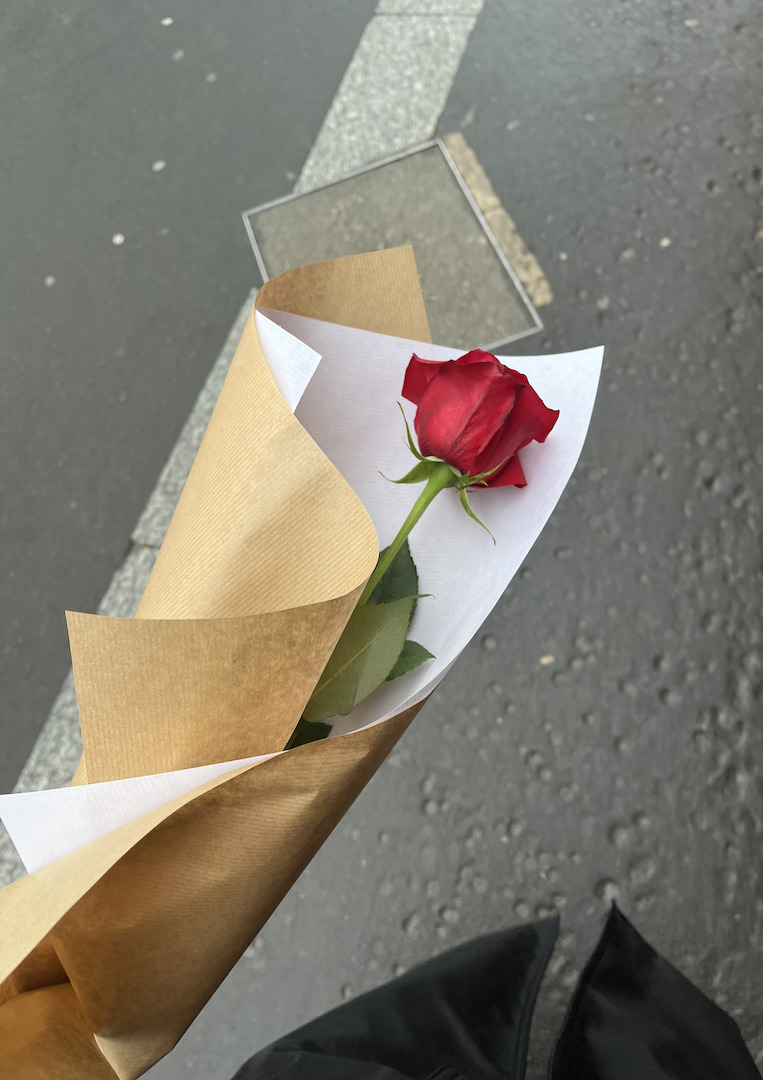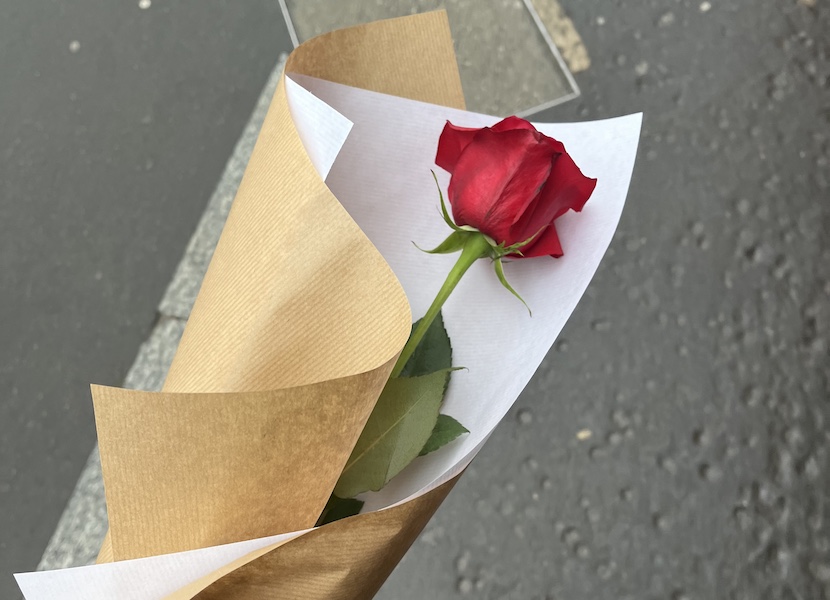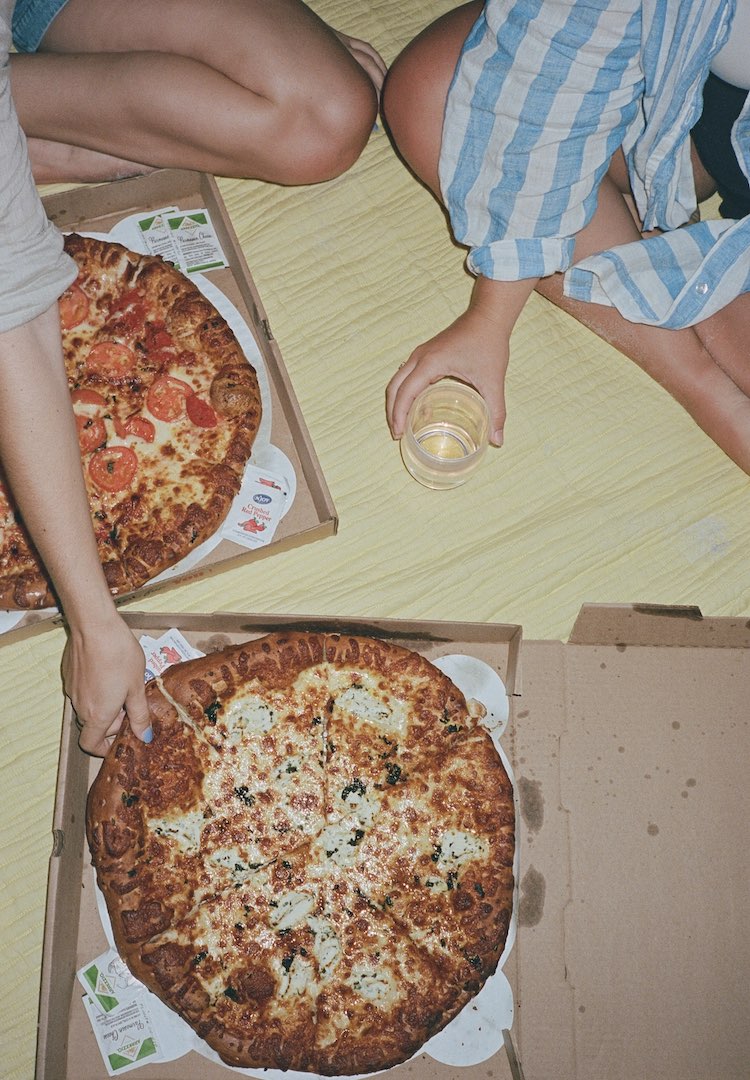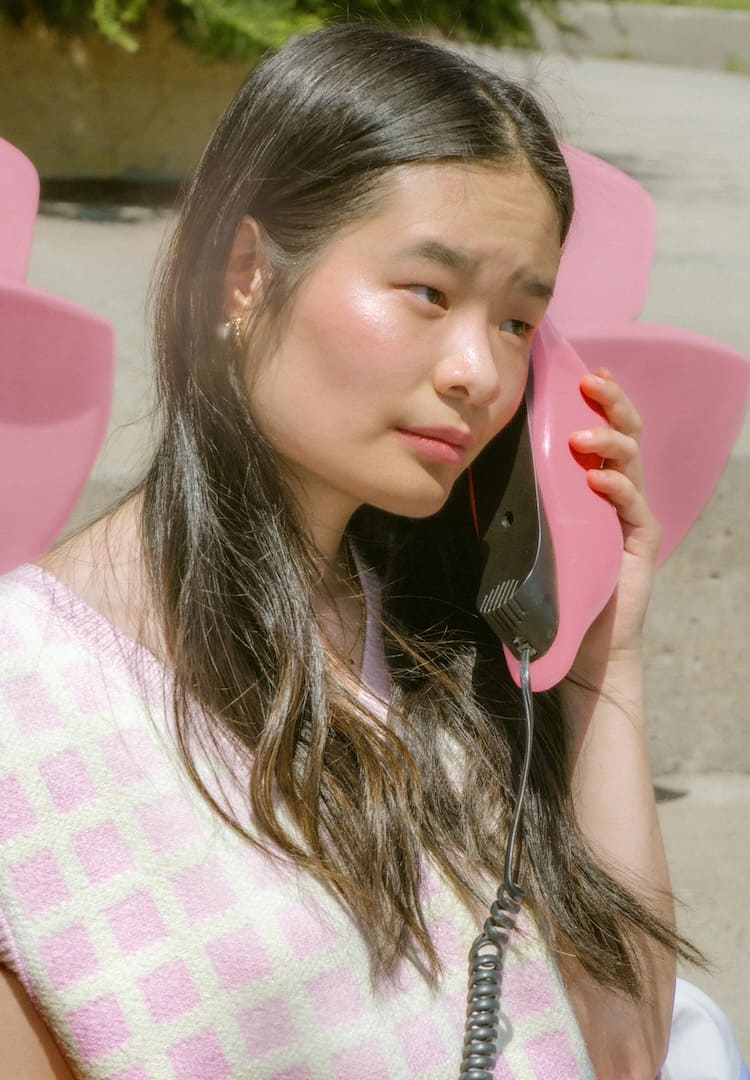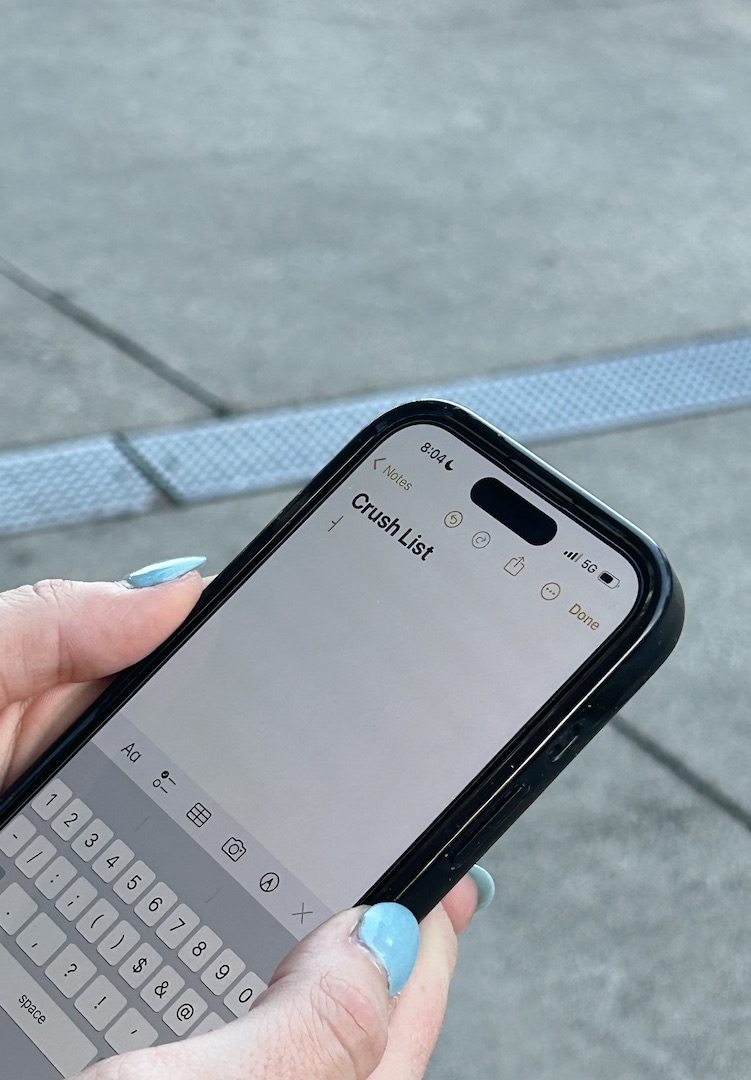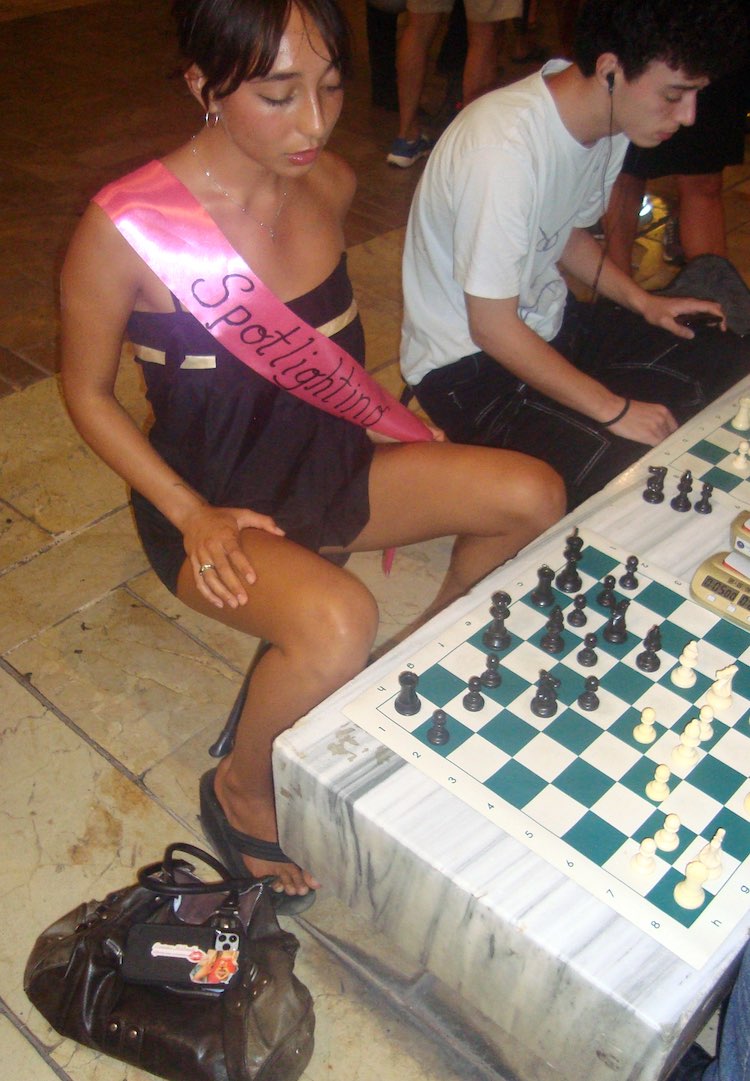I asked a psychologist the best way to romantically reject someone
Words by Gabrielle O’Hagan
The double-edged sword of dating.
Rejection is a basic fact of dating. Whether you meet someone on a dating app, get set up with a friend of a friend, or finally ask out that cute barista you’ve been shamelessly flirting with for months, all it takes is six little words to spell doom: “Listen, I think you’re great, but…”.
No matter how well you knew (or didn’t know) the person in question, rejection never feels good. Even if you didn’t like the person that much, it’s a blow to the ego. Plus, it can make you feel like you’ve wasted valuable time. Let’s face it, it can be draining trying to keep the conversation scintillating and the food safely inside your mouth while you’re on a date.
For more relationship advice head to our Life section.
It’s inevitable that we’re not going to be everyone’s cup of tea. I’m not saying that when it happens it doesn’t sting (especially if you spent a significant amount of time getting to know the person) but for something that’s unavoidable, we spend a lot of time worrying about it.
In fact, I think it’s safe to say that people in the dating world are plagued with a fear of rejection. ‘Will they like me?’ ’Will they think I’m attractive?’, or ’Will I not be good enough for the person?’. We can get so caught up in these worries that we don’t bother to really analyse whether the person we’re dating is what we’re looking for.
According to clinical psychologist Michelle Pal, this intense fear of rejection is a symptom of modern dating culture. “Modern technology and social media have highlighted [our] sense of rejection as now we can be rejected in so many different ways,” she tells me.
“Someone taking a long time to reply to a text, a significant other not watching your social media stories or ‘liking’ your pictures, or an ‘unmatch’ on a dating app… [these] may seem like micro-moments in the day, but they all still can trigger the brain’s hyperawareness to rejection.”
But it’s not just being rejected that we fear – there’s another side to it too. If you’re a regular user of Hinge, Tinder, Bumble or another dating app, then you’ll inevitably have to reject other people as well. And this process can be incredibly anxiety-inducing.
“Anybody with at least some level of healthy empathy will feel a little anxiety when rejecting others because it is hard to see someone else in pain,” Michelle says. “However, some people may experience anxiety so great about having to reject someone else that it interferes with their life on a daily basis, or they keep the relationship going for much longer than they should.
“These people may have too much empathy, lack assertiveness skills or healthy boundaries, or be ‘personalising’ and taking on too much responsibility for the other person’s emotions.”
Yes, being rejected hurts. But when I think about it, being rejected has never motivated me to switch my social media accounts to private or block anyone’s number, nor has it ever made me go cold all over or my heart pound out of my chest. That’s only ever happened when I’ve rejected someone else.
To be clear, I’m speaking strictly from my experience dating men. And on the few occasions that I’ve had to reject a man – whether it’s someone I’ve dated, spoken to, or just been approached by in a bar – this process is always ridden with stress and anxiety.
In Michelle’s experience, this is a very normal and common fear among women who date men. “I have met many women who find it difficult to set boundaries at all, including saying no or rejecting men,” Michelle says. “I think from a psychological and social standpoint, this comes from the fact that women have often been socialised to be nurturing, kind, and empathetic. We are taught to be ‘nice’ and to be caring for others’ feelings.”
The emotional burden of having to hurt someone else’s feelings is bad enough. But that doesn’t even begin to account for that bit of fear, deep down, that the person you’re rejecting will get angry, aggressive, or just refuse to accept it and continue to pursue you relentlessly.
This isn’t an unfounded fear. “Statistically speaking, men are much more likely than women to stalk, intimidate, or become financially, emotionally or physically abusive after a breakup or rejection than a woman is,” Michelle tells me. “So, there is always an element of fear for safety also as we don’t [know] how another person will respond to the breakup.”
So how do we deal with this fear in our dating life? Michelle’s advice is simple. “Remind yourself that rejection has and always will be a normal part of everyday life for all of us – we will give rejections and we will be rejected.
“Let go of any conditioning to be ‘too nice’ and overly responsible for others’ emotions by reminding yourself that you are not doing anything wrong and every human has the right to choose the right person for them and this will inevitably lead to rejecting others at times, and you can’t be responsible for how they feel or react to that rejection.
“It’s also really helpful to remember that rejecting someone is doing them a favour in the long-term as it gives them the opportunity to go and find someone who is a better match for them and who might like them a lot more than what you liked them.”
If the person doesn’t handle the rejection well, be firm and seek support. “Set any boundaries that you need to – for example, you can tell the person that you wish to keep the peace and don’t want to be yelled at or offended and that if it continues you will need to block them,” Michelle advises. “But if the person is showing signs of stalking, harassment or violence please call the police, consider an AVO, or call your local free DV helpline.”
This article was originally published on March 24, 2022.
If you or anyone you know has experienced or is at risk of experiencing violence, call the national counselling service on 1800RESPECT, or head to its website for support and advice.


